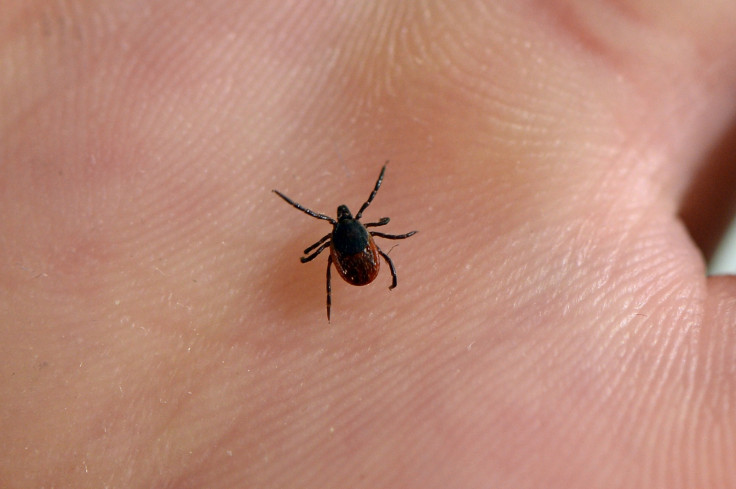Tick-borne virus found in several parts of UK, health agency issues warning
Ticks hiding in undergrowth can latch onto humans who might be walking through the woods or tall grass.

The UK Health Security Agency (UKHSA) has issued an alert warning people of a tick virus that can cause meningitis. The virus has been detected in several parts of England, including areas such as Hampshire, Dorset, and Norfolk.
The UKHSA has warned that the virus could be present in other parts of the country as well, per the risk assessment conducted by the health agency.
Three cases of probable or confirmed tick-borne encephalitis (TBE) acquired in England have been reported since 2019. Out of these three cases, one was reported last year in Yorkshire. TBE is common in many parts of the world, including western and northern Europe.
Sometimes, the TBE virus can spread through eating or drinking raw milk or cheese from infected goats, sheep, or cows.
UKHSA carried out a study and suggested changes to testing in hospitals and enhanced surveillance, according to a report in The Guardian.
"This study confirms the tick-borne encephalitis virus is present in parts of the UK where there are relevant tick and wildlife populations and may occasionally cause disease in humans," said Dr. Helen Callaby, of the UK Health Security Agency.
"Physicians should consider the possibility of tick-borne encephalitis virus when patients present with unexplained encephalitis and a history of tick exposure, even if they have not travelled outside the UK, as the clinicians did in these cases."
Callaby further added that the risk to the general population is very low; however, it is important that people stay cautious and protect themselves. Hikers and mountain bikers have been asked to stay alert and check themselves for ticks.
Ticks target deer and foxes in the woods. The parasitic arachnids are usually carried into homes across the UK by dogs and cats. Treating pet dogs and cats is not enough to avoid becoming the victim of a tick bite. Ticks hiding in undergrowth can latch onto humans who might be walking through the woods or tall grass.
When bitten by an infected tick, the virus enters the new host's bloodstream. The virus triggers flu-like symptoms in the beginning. Eventually, it leads to a second stage that causes meningitis. The third stage, in some people, causes the brain to swell, which can be fatal.
Even though the illness caused by the virus can be life-threatening, the Encephalitis Society claims that only 2% of infected people die from viral infection.
TBE's initial symptoms can include fever, headache, vomiting, and weakness. In some cases, people infected with the virus can be asymptomatic. Severe symptoms of the disease include confusion, loss of coordination, difficulty speaking, weakness of the arms or legs, and seizures. There is no medication to treat TBE, but a vaccine is available to prevent infection. Some of the symptoms can be treated with the help of fluids, and over-the-counter pain medications.
Dr. Meera Chand, deputy director at the UKHSA, said: "Our surveillance suggests that tick-borne encephalitis virus is very uncommon in the UK. Ticks also carry various other infections, including Lyme disease, so take steps to reduce your chances of being bitten when outdoors in areas where ticks thrive."
According to the US Centre for Disease Control (CDC), ticks become most active in the warmer months of April through September. As there is no vaccine, the CDC states the best way to protect yourself from tick bites is to use insect repellent, wear long-sleeved tops and trousers, and avoid "bushy or wooded areas." It is also advised to perform thorough tick checks after being outdoors.
"Showering within two hours of coming indoors has been shown to reduce your risk of getting Lyme disease and may be effective in reducing the risk of other tick-borne diseases," writes the CDC in its advisory.
© Copyright IBTimes 2024. All rights reserved.






